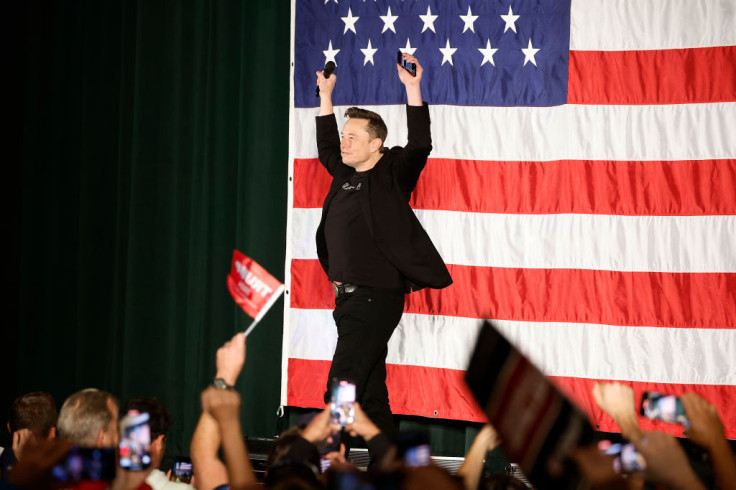
In a Philadelphia courtroom on Monday, a lawyer for Elon Musk said that the winners of his $1 million daily prize giveaway are not selected randomly, contradicting the mogul's previous claims. The disclosure could have legal implications under consumer protection laws designed to prevent deceptive practices, legal experts said.
During the court hearing, Chris Gober, an attorney for Musk's America PAC, said the giveaway winners are chosen based on their potential effectiveness as political spokespeople rather than through a random lottery process. This disclosure challenges Musk's earlier assertion at a rally in Pennsylvania on October 19, where he claimed that the winners would be selected at random from those who signed a petition supporting free speech and gun rights.
Legal experts have raised alarms about the potential consequences of this admission. Christopher Peterson, a law professor at the University of Utah, described the situation as "absolutely, unambiguously illegal," noting that misrepresenting a contest as random while actually hand-selecting winners constitutes fraud. Peterson told NBC News both Musk and America PAC could face civil and criminal liabilities for their actions.
The giveaway, which has attracted significant attention as part of Musk's efforts to support former President Donald Trump, requires participants to provide personal information and be registered to vote in one of seven swing states. Critics have taken to Musk's social media platform, X, expressing concerns that participants may have been deceived or defrauded.
Philadelphia District Attorney Larry Krasner has filed a lawsuit against Musk and America PAC, arguing that the giveaway constitutes an unlawful lottery under Pennsylvania law. At the hearing, John Summers, Krasner's attorney, said Gober's comments as a "flat-out admission of liability."
While Gober maintains that the non-random selection means it is not a lottery, legal experts believe this could expose Musk and the PAC to claims under both federal consumer protection law and relevant state laws in the participating states.
The Federal Trade Commission (FTC) has not commented on the issue, according to NBC News, and the Pennsylvania attorney general's office has declined to provide any statements. Some legal scholars believe the likelihood of the FTC pursuing a case is low, given the isolated nature of the giveaway and its impending conclusion.
Elon Musk's X and his own behavior in the social media platform have been described as a "huge problem" by election officials who are constantly trying to put out misinformation campaigns shared by the billionaire. The billionaire reportedly made misleading claims about the U.S. elections, attracting around 2 billion views on X, according to a report by the Center for Countering Digital Hate, a non-profit group.
© 2025 Latin Times. All rights reserved. Do not reproduce without permission.


